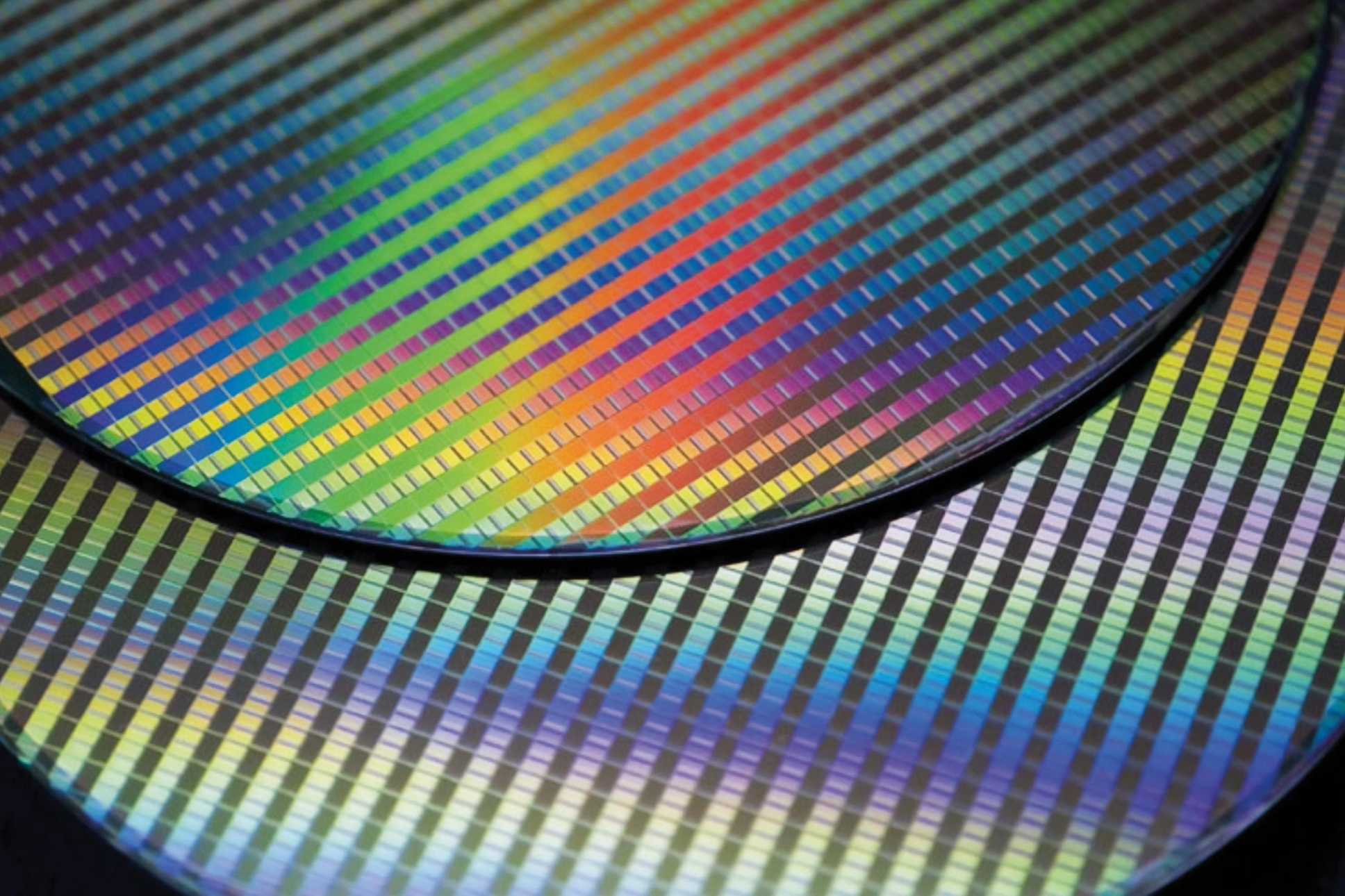Marcopolo: The quest for global leadership
This case presents the transformation journey of Marcopolo in its quest to gain global leadership. Marcopolo is the largest Brazilian manufacturer of bus bodies, with an annual production of 30,000 buses, 55% of its production outside Brazil, and approximately 8% global market share. From 2005 to 2012 the industry grew at an annual rate of 4%, with much of the growth from the Asia Pacific region, especially China. The case also highlights the multiple facets in the internationalization journey of an emerging market firm, including its decision to invest in developed countries like the United States, Canada and Australia. The case challenges participants to develop a competitive strategy for Marcopolo, which has to compete with the giants in the industry – some with access to capital and also a broader integrated value chain at the one end (e.g. Marcopolo vs. Volvo) and others with access to very low cost labor (e.g. Marcopolo vs. Yutong). It is also happening at a time when the industry’s fundamental value proposition is shifting dramatically – moving from providing products (buses) to services (transit solutions). Marcopolo’s global growth strategy is emphasizing its goal to be the #1 or #2 in each of the company’s markets, and the challenge for the class is to decide whether this is feasible and, if so, to develop a strategic action plan to make it happen.
- Study industry analysis and strategic positioning.
- Study the internationalization of an emerging market firm.
- Examine the dynamics of global competition, i.e. understand the journey of an emerging market firm in its quest to become a global leader.
- Understand the nature of global competition as the market shifts from developed to emerging.
- Appreciate what it takes to build a global organization from the ground up; conduct a performance analysis of a company’s international portfolio to diagnose its strengths and weaknesses.
Automotive
2013
Cranfield University
Wharley End Beds MK43 0JR, UK
Tel +44 (0)1234 750903
Email [email protected]
Harvard Business School Publishing
60 Harvard Way, Boston MA 02163, USA
Tel (800) 545-7685 Tel (617)-783-7600
Fax (617) 783-7666
Email [email protected]
NUCB Business School
1-3-1 Nishiki Naka
Nagoya Aichi, Japan 460-0003
Tel +81 52 20 38 111
Email [email protected]
IMD retains all proprietary interests in its case studies and notes. Without prior written permission, IMD cases and notes may not be reproduced, used, translated, included in books or other publications, distributed in any form or by any means, stored in a database or in other retrieval systems. For additional copyright information related to case studies, please contact Case Services.
Research Information & Knowledge Hub for additional information on IMD publications
Assortment optimization presents a complex challenge for retailers, as it depends on numerous decision factors. Changes in assortment can result in demand redistribution with multi-layered consequences. This complexity is even more pronounced for ...
The B case outlines how, by early 2025, Isabella Phoenix's initial vision for HP's Amplify Impact sustainability program had grown into a global initiative involving 4,800 partners in 48 countries. The program surpassed its goals, enrolling 59 of ...
The A case in this two-part series outlines the challenges Isabella Phoenix faced in designing a global sustainability program for HP's vast network of channel partners in just 12 weeks with only one team member and limited resources. The initiati...
in European Journal of Operational Research August 2025, vol. 324, no. 3, pp. 799-813, https://doi.org/10.1016/j.ejor.2025.01.035
Research Information & Knowledge Hub for additional information on IMD publications
in I by IMD
Research Information & Knowledge Hub for additional information on IMD publications
Research Information & Knowledge Hub for additional information on IMD publications
in I by IMD
Research Information & Knowledge Hub for additional information on IMD publications
Research Information & Knowledge Hub for additional information on IMD publications
Research Information & Knowledge Hub for additional information on IMD publications
Research Information & Knowledge Hub for additional information on IMD publications
in I by IMD
Research Information & Knowledge Hub for additional information on IMD publications
Research Information & Knowledge Hub for additional information on IMD publications
Case reference: IMD-2681 ©2025
Research Information & Knowledge Hub for additional information on IMD publications








